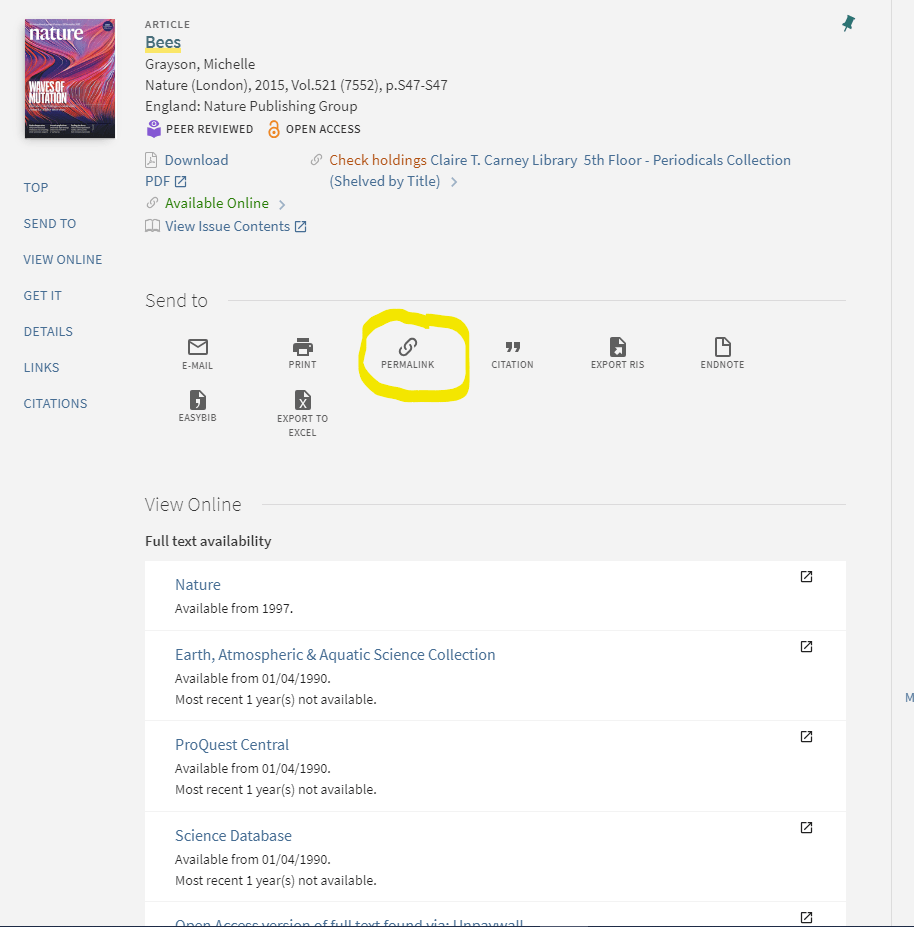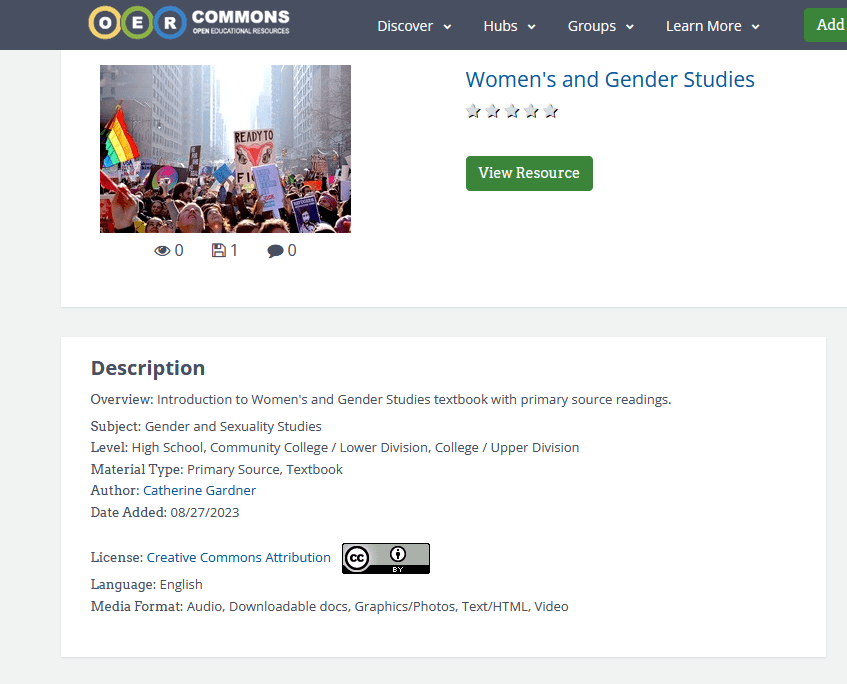by Kari Mofford
Course Reserve services in the library are an excellent option for connecting students to required reading, especially at the start of the semester. Students may be waiting for the Amazon truck or a bookstore voucher and risk missing a reading or two. If you have a personal copy of a required textbook, the library can catalog it temporarily and make it available at the main desk for borrowing. Course Reserves offer a backup on days when a student has forgotten their book at home. We discuss openly licensed teaching materials and their cost-savings to students a lot on this blog, but OER are not the only way to be mindful of student budgets and access considerations. Materials under traditional copyright can also be shared and distributed when Fair Use is applied.
While the Library does not have textbooks in the collection, we encourage all faculty who are using print textbooks and/or course materials to place them on Course Reserve at the Library. You just need to read our guidelines and fill out a request form. Students may then check out items using their UMass Passes for a short period. You can choose 2hr, 4hr, 24hr, 3 day, or 7 day for loan period to use.
Our library has a great collection, both in print and online with most of our journal articles available electronically. If your class needs to access an article or chapter from an e-book for a class assignment, rather than saving it as a PDF in myCourses, just add the Permalink (example below) to your myCourses instead. Not only does that clear any copyright issues, but it actually helps us to have better usage statistics which is important when we have budget decisions with the collection.




